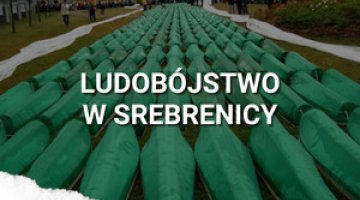Bosnia and Herzegovina: national particularisms predominate in the election campaign
On 3 October elections will be held at the regional and central levels in Bosnia and Herzegovina. According to polls, the elections will bring no radical changes to the Bosnian political scene. Parties which draw on nationalist sentiments are likely to strengthen their positions which will preserve strong divides inside the country.
Citizens of BiH will elect the representatives of central authorities (the Presidium of BiH, the House of Representatives of Bosnia and Herzegovina and the House of Peoples of Bosnia and Herzegovina), the federal entities – Republika Srpska and the Federation of BiH (the president and two deputy presidents of RS, the National Assembly of RS and the Cantonal Assembly of the Federation of BiH) and local representations (10 cantonal assemblies in the Federation of BiH).
A very low turnout may be expected due to the feelings of disillusionment with politicians and the frustration caused by the bad economic condition predominating among citizens of BiH. The major governing parties are very likely to reinforce their positions. They are functioning within their respective national communities and enjoy their support despite the failure to fulfil previous pre-election promises, the painful consequences of the economic crisis, the blocking of the integration process with the EU and NATO and the failure to introduce a visa-free regime with the Schengen Area. There is no alternative to them, which could have been provided by strong parties with a programme for overcoming the national divides and strengthening the common state.
Disputes between the particular nations of BiH again have become the main issue of the election campaign, and nationalist rhetoric has intensified. This is causing a deeper ethnic polarisation of the state, thus reducing the chance for a compromise regarding the political reform and improved functioning of the state. <MarSz>





